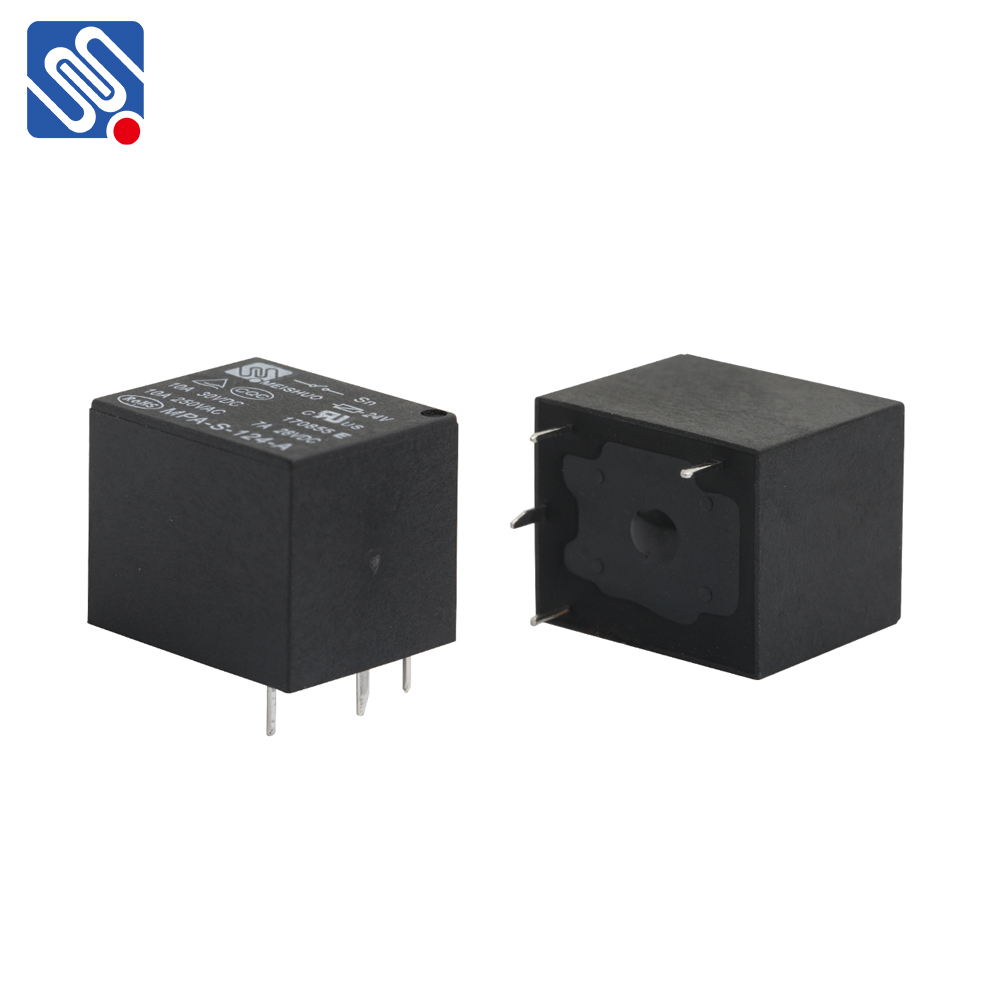understanding the 24v 10a relay: a comprehensive guide to meishuo’s reliable solution
Release time:2025-06-26 03:12:16
Relays are indispensable components in modern electrical and electronic systems, widely used to control circuits with a low-power signal. They serve as a crucial link between low-voltage circuits and high-voltage systems, ensuring safety and control. Among the various types of relays, the 24V 10A relay stands out for its robustness, flexibility, and wide range of applications. This article explores the functionality, advantages, and applications of the 24V 10A relay, with a special focus on Meishuo, a leading brand in relay manufacturing.

What is a 24V 10A Relay?
A 24V 10A relay is an electromechanical switch that allows a low-voltage control signal (24 volts) to control a higher-voltage load, such as motors, lights, or industrial machines. The "10A" indicates that the relay can handle up to 10 amperes of current, making it suitable for medium-to-high power applications. When the control circuit energizes the relay, it closes or opens the contacts, thus completing or breaking the connection in the high-power circuit.
These relays play a pivotal role in controlling electrical systems with various voltages and current requirements. A reliable and well-constructed relay ensures that the system operates safely and efficiently, preventing overloads, short circuits, or failures in sensitive electronic components.

